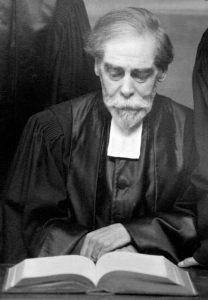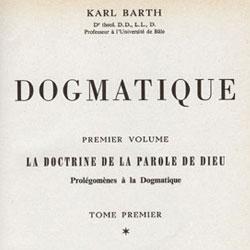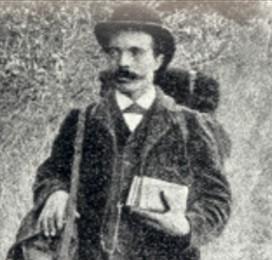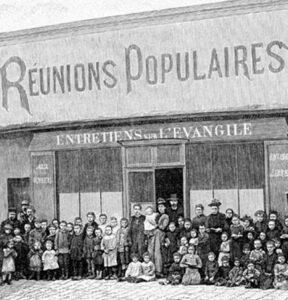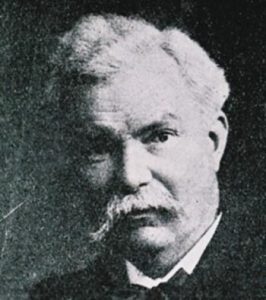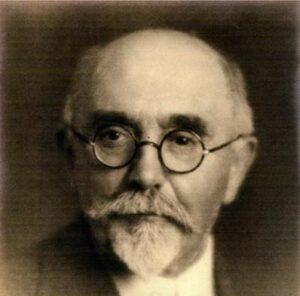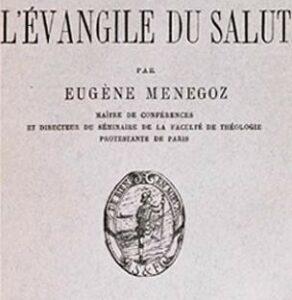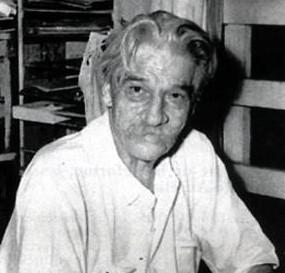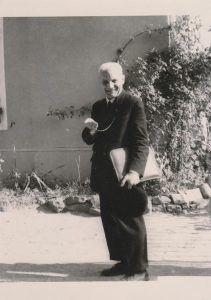A leading figure
Wilfred Monod is one of the best known of the numerous Reformed pastors of the Monod family.
He was born at the end of the Second Empire ; his ministry, first in Rouen and then in Paris (at the Oratoire), was of the revivalist trend. He was very much aware of the social issues resulting from the industrial revolution, and concerned by the non-religious influence of socialist ideas amongst factory workers. According to him, the Church tends to preach a Messiah without Messianism, whereas socialism preaches Messianism without a Messiah. He wanted to find the narrow path which no longer separates the Messiah from Messianism, a path which will allow for a strengthening of the Church’s social activity and give it a credible calling for present times. He then takes up two complementary issues : the Christian social movement on the one hand, and the ecumenical movement for the unity of the churches on the other. The Christian social movement was to publish an outstanding periodical, today succeeded by Autres Temps ; its aim was to suggest a social programme that Protestant Churches should try and implement.
To do this, churches must at least give the impression of working together in an increasingly secular world. Their most noticeable achievement was the creation of the Fédération Protestante de France in 1905. Initially it federated only a few churches and Wilfred Monod took an active part in the movement for the uniting of Protestant churches started in 1908 by the Swedish bishop Nathan Söderblom. This movement was known as Practical Christianity and sought to put aside theological quarrels in order to concentrate on social issues.
In this context, Wilfred Monod attempted to build a concrete ecumenical policy amongst local churches. This resulted in the founding in 1923 of the Communauté des Veilleurs (the Watchers’ Fraternity) whose liturgy, based on the Beatitudes, is inspired by the liturgies of several different denominations.
Since the rigour of theological issues was not for him of primary concern, Wilfred Monod was excluded from the Paris Theological Faculty in 1929 ; this caused him much deception.

